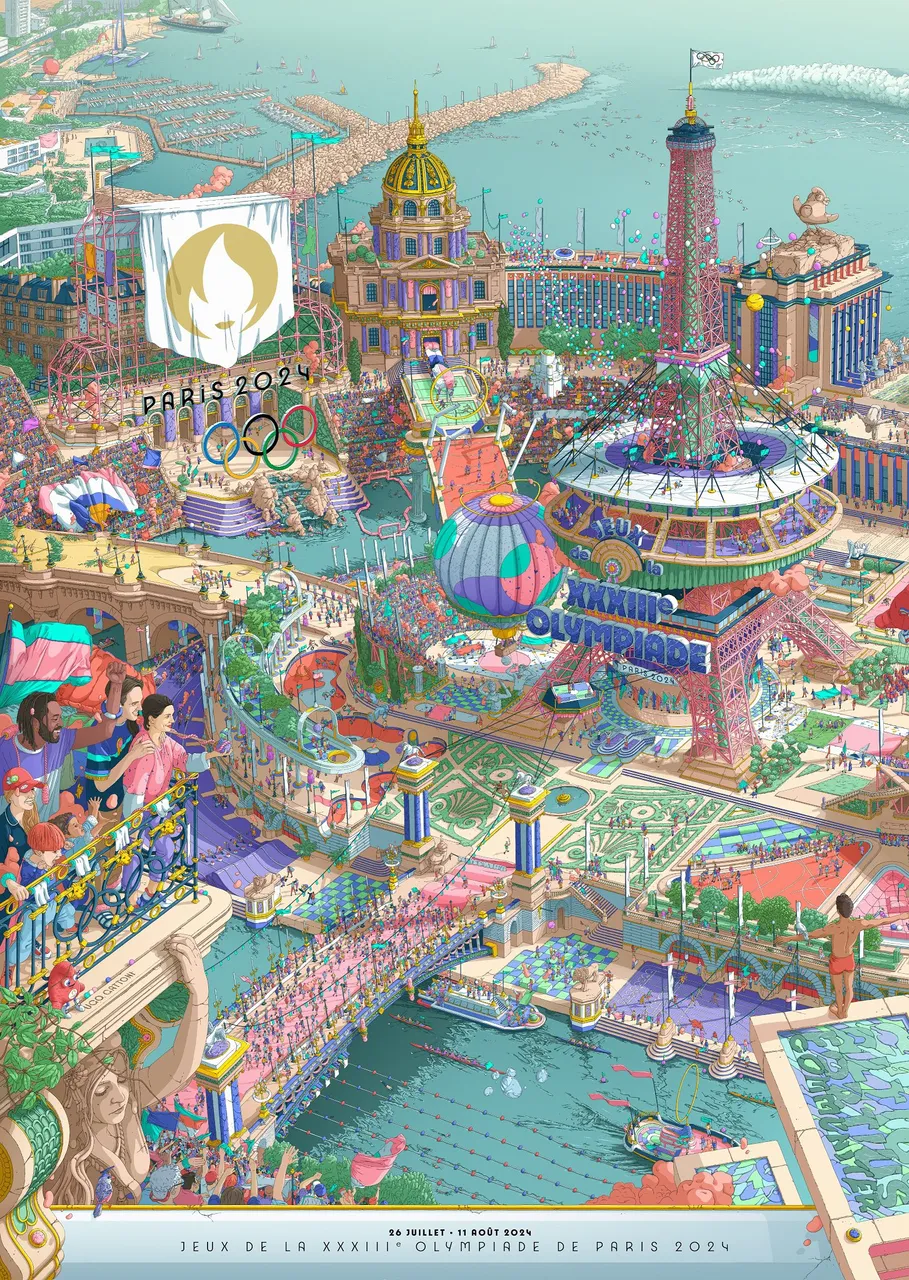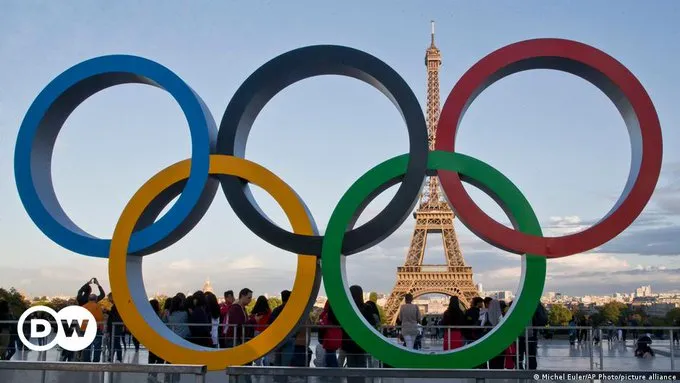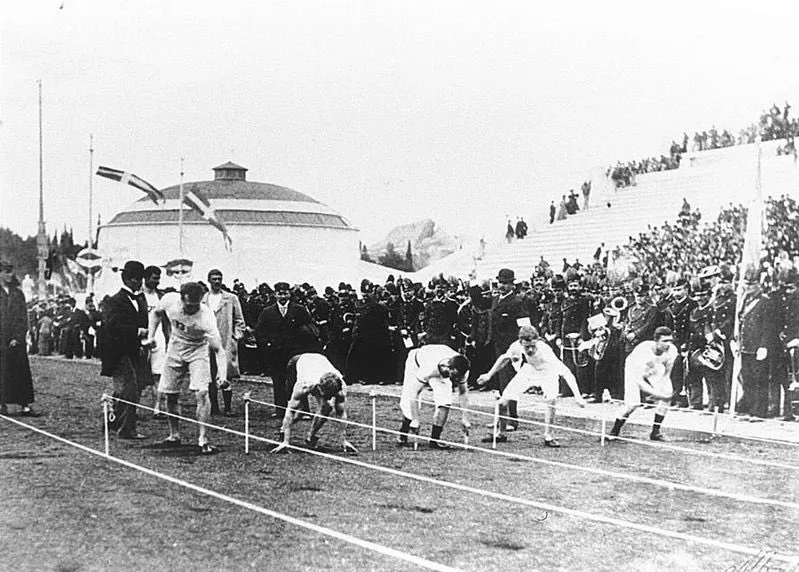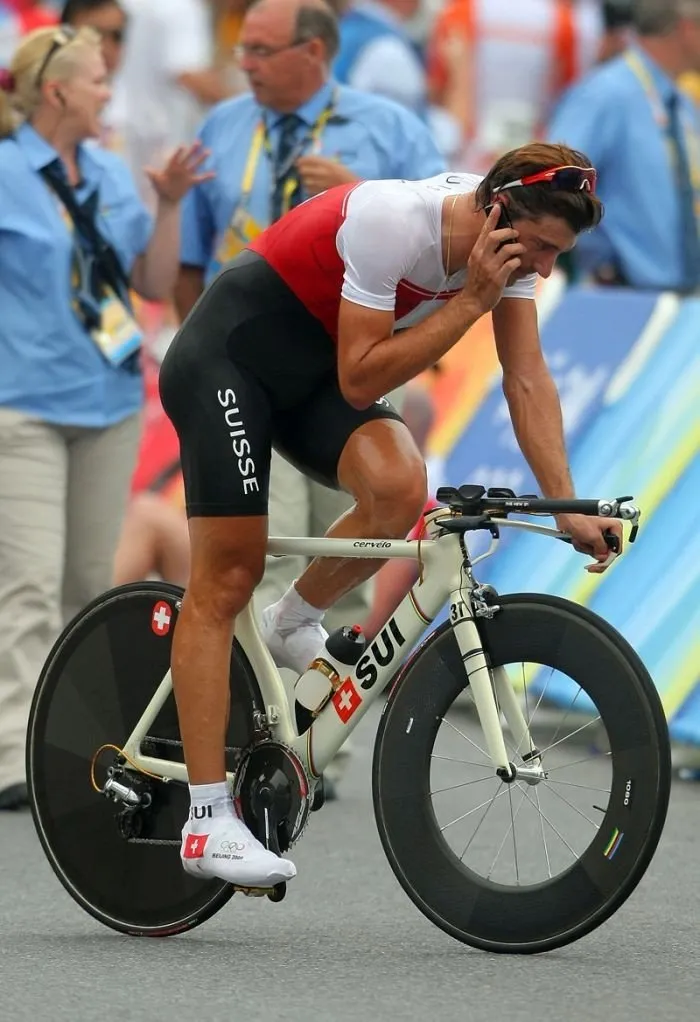
En estos últimos días algunos miembros de la comunidad hemos estado publicando sobre los próximos juegos olímpicos de verano que darán inicio exactamente dentro de 127 días en la hermosa ciudad de Paris, capital de Francia, conocida por muchos como la Ciudad Luz.
Sabemos que en las olimpíadas tenemos la oportunidad de disfrutar durante un mes completo de la trasmisión de un buen número de deportes, disciplinas y competencias, algunos quizás por única vez en cuatro años y habrá que esperar otros cuatro para poder apreciarlos nuevamente.
Esto es debido a que varios, quizás la mayoría de estos deportes no son de consumo masivo y al no generar interés y ganancia para las cadenas deportivas que trasmiten competencias, sencillamente son dejados de lado hasta que llegan las olimpíadas, allí todos los deportes adquieren trascendencia, una medalla dorada obtenida en skate, por ejemplo, vale lo mismo que una de fútbol, es una oportunidad única para observar deportes que no vemos habitualmente y quizás tomarles el gusto suficiente como para practicarlo en el futuro.
Dado que me gusta conocer sobre todo lo que hablo y escribo, estuve haciendo los deberes y me puse a investigar sobre estos juegos deportivos internacionales que se desarrollan desde el año 1896, ese primer gran evento se desarrolló en Atenas y se les dio el nombre de Juegos de la I Olimpíada. En ese momento y debido al gran suceso internacional se decidió realizarlos cada 4 años, aunque en el año 1906 se desarrollaron los juegos que en ese momento se llamaron "Los Intercalados" también en Atenas luego de los desarrollados en París en el año 1900 y en San Luis (USA) en 1904, en la actualidad el Comité Olímpico Internacional (COI) no los reconoce. Posteriormente se retomó el ritmo que continuó hasta el año 1912, luego de ellos y debido a la primera guerra mundial los juegos se suspendieron y recién se retomaron en el año 1920, apenas concluida la conflagración mundial. Curiosamente, se decidió nombrar a ese evento Juegos de la VII Olimpiada, aunque los VI nunca se desarrollaron, el mismo criterio se empleó cuando se suspendieron por la segunda guerra mundial, de los Juegos de la XI Olimpíada desarrollados en 1936 en Berlín, hubo un impasse hasta el año 1948 cuando se desarrollaron los Juegos de la XIV Olimpíada, quedo esta vez un nuevo hueco tanto en el desarrollo como en la denominación. Y así continuamos hasta nuestros días, el próximo encuentro será en Paris a mediados de año y su denominación será Juegos de la XXXIII Olimpíada, aunque en realidad se disputaron solo treinta.

La cantidad de deportes y atletas participantes ha ido en constante aumento, en aquella primera edición de 1896 solo hubo 10 deportes repartidos en 43 competencias y 241 atletas, solo 14 países representados y no hubo atletas femeninos. En el último evento desarrollado en Japón 2020 (que debió disputarse en 2021 por la pandemia de COVID), hubo 33 deportes olímpicos disputados en 339 competencias, 205 países representados por 11.326 atletas, la cantidad de atletas femeninos llegó al 48% del total de participantes, en estos juegos próximos a comenzar habrá 50% de hombres y 50% de mujeres. Un triunfo de la igualdad de géneros.

De aquel lejano primer juego de nuestra era, muy pocos deportes han tenido asistencia perfecta en una misma modalidad, solo cuatro, ellos son: atletismo, esgrima, gimnasia artística y natación, podríamos agregar al ciclismo con una salvedad, en el año 1912 no hubo competencias de ciclismo de pista, pero sí de ruta, es otra disciplina para el mismo deporte.
En su larga historia, ha habido deportes que se presentaron primero como exhibición y luego comenzaron a formar parte del programa oficial, hubo deportes que formaron parte de los juegos y luego se retiraron, entre éstos los que más participaciones tuvieron podemos mencionar al juego de la soga o cinchada y al polo, hubo otros que apenas tuvieron una o dos presentaciones y no más, el críquet, el lacrosse o la motonáutica, por ejemplo. También hubo deportes que solo figuraron como demostración como por ejemplo el automovilismo, el hockey sobre patines o el futbol americano, para nombrar solo algunos de los más conocidos.
Hay muchísima más información sobre la rica historia del deporte olímpico, hay perlas ocultas o poco conocidas, hay curiosidades, discrepancias y tampoco falta el condimento político, cultural y racial.

A todo esto, no hablé nada de los juegos olímpicos de invierno, donde otros deportes o variantes de estos que se desarrollan en diferente tipo de ambiente y condiciones climáticas, esos juegos están adquiriendo cada vez mayor importancia y trascendencia. Quedará para el futuro.
Como mencioné al principio, dentro de 127 días comienza el mayor show de diversidad deportiva de la humanidad, dura aproximadamente un mes y solo hay que sentarse a mirar y disfrutarlo.
Es lo que yo voy a hacer.
Let's talk about the Olympics
On these days, some community members have been posting about the upcoming Summer Olympic Games that will begin exactly 127 days from now in the beautiful city of Paris, the capital of France, known by many as the City of Light.
We know that in the Olympics we have the opportunity to enjoy the broadcast of a good number of sports, disciplines, and competitions for a full month, perhaps for the only time in four years and we will have to wait another four years to be able to appreciate them again.
This is because several, perhaps most of these sports are not of mass consumption and since they do not generate interest and profit for the sports networks that broadcast competitions, they are simply left aside until the Olympics arrive, where all sports acquire significance. , a gold medal obtained in skateboarding, for example, is worth the same as one in soccer, it is a unique opportunity to observe sports that we do not usually see and perhaps enjoy them enough to practice it in the future.
Since I like to know about everything I speak and write, I was doing my homework and I started researching these international sports games that have been taking place since 1896, that first big event took place in Athens and they were given the name Games of the I Olympiad. At that time and due to the great international success, it was decided to hold them every 4 years, although in 1906 the games were developed that at that time were called "The Intercalated" also in Athens after those developed in Paris in 1900 and San Luis (USA) in 1904, currently the International Olympic Committee (IOC) does not recognize them. Later, the rhythm was resumed and continued until 1912, after which due to the First World War the games were suspended and were only resumed in 1920, barely after the world conflagration. Curiously, it was decided to name that event the Games of the VII Olympiad, although the VI was never held. The same criterion was used when they were suspended due to the Second World War, from the Games of the XI Olympiad held in 1936 in Berlin, there was an impasse until 1948 when the Games of the XIV Olympiad were held, this time leaving a new gap in both the development and the name. And so, we continue to this day, the next meeting will be in Paris in the middle of the year and its name will be the Games of the XXXIII Olympiad, although in reality only thirty were held.
The number of participating sports and athletes has been constantly increasing, in the first edition in 1896 there were only 10 sports divided into 43 competitions and 241 athletes, only 14 countries represented and there were no female athletes. In the last event held in Japan 2020 (which had to be held in 2021 due to the COVID pandemic), there were 33 Olympic sports contested in 339 competitions, 205 countries represented by 11,326 athletes, the number of female athletes reached 48% of the total participants in these upcoming games there will be 50% men and 50% women, a triumph of gender equality.
From that distant first game of our era, very few sports have had perfect attendance in the same modality, only four, are athletics, fencing, artistic gymnastics, and swimming, we could add cycling with one exception, in 1912 there were no track cycling competitions, but road cycling, it is another discipline for the same sport.
In its long history, there have been sports that were first presented as an exhibition and then began to be part of the official program, there were sports that were part of the games and then were withdrawn, among these those that had the most participation we can mention the game of the rope or cinch and polo, there were others that only had one or two presentations and no more, cricket, lacrosse or motorboating, for example. Some sports only appeared as demonstrations, such as motor racing, roller hockey, or American football, to name just a few of the best-known ones.
There is much more information about the rich history of the Olympic sport, there are hidden or little-known pearls, there are curiosities and discrepancies and there is no lack of political, cultural, and racial seasoning.
To all this, I did not say anything about the Winter Olympic Games, where other sports or variants of these take place in different types of environments and climatic conditions, those games are acquiring greater and greater importance and significance. It will remain for the future.
As I mentioned at the beginning, in 127 days the greatest show of sporting diversity in humanity begins, it lasts approximately a month and you have to sit back, watch, and enjoy it.
It's what I'm going to do.
Héctor Gugliermo
@hosgug